What’s the deal with microdosing?
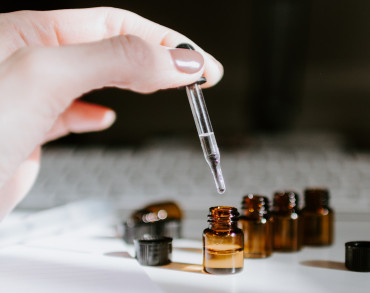

Microdosing refers to regularly taking small doses of certain psychedelic drugs to enhance creativity and relieve anxiety. But what is actually going on?
The idea behind microdosing is not to get high, but to feel more focused, creative and present in everyday life. Some reports suggest it improves concentration, and has even been touted as a treatment for depression.
What is a microdose?
Generally, a microdose is one-20th to one-10th of a standard recreational dose. If there’s any hallucinogenic effect it means the dose was too large.
The most common substances used for micrdosing are LSD (also known as acid) and psilocybin (from magic mushrooms). Ayahausca, cannabis, MDMA and ketamine are also being used.
Stay safer by staying informed. Sign up to receive alerts and notifications about any dangerous drugs in NZ. Check out the alerts page to see what we've already found.
How did it start?
Microdosing emerged as an increasing trend between 2010 and 2015.
It gained popularity in Silicon Valley among coders through the work of psychologist and psychedelic researcher James Fadiman. In 2011, Fadiman published a book that outlined microdosing as it is known today.
What are the risks?
Ultimately, very little is known about the long-term effects of microdosing as little scientific research has been done in this space. The safest drug use is no drug use.
LSD and other psychedelics are illegal, and their use can cause serious medical, social, and legal complications.
There is a risk of getting the dosage wrong. The margin of error for microdosing is very small, and this could lead to unwanted effects.
There are conflicting reports around microdosing with psychedelic drugs increasing existing anxiety, and there is a risk of overstimulation especially for people with a history of psychosis.
While psychedelic drugs are not as physically addictive as other drugs, it is still possible to develop an addiction because of the positive association from feelings of euphoria, and general wellbeing. Cannabis, Ketamine and MDMA pose further risks.
If you have any concerns about your own drinking or drug taking, get in touch with the Alcohol Drug Helpline Call 0800 787 797, or text 8681, to speak with a trained counsellor – they’ll be able to provide you with helpful information, insight and support. They’re available 24/7, all calls are free and confidential. You can also chat with the team online through the website.
Latest Articles
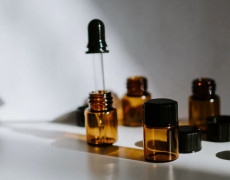
15 Apr 2024
Thinking of using GBL/GHB?
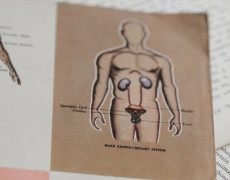
12 Apr 2024
Ketamine and bladder damage – know the risks
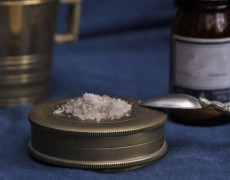
8 Mar 2024
Synthetic cathinones explained
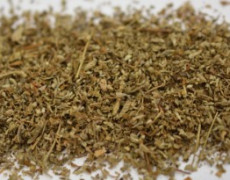
22 Feb 2024
What’s happening with synthetic cannabinoids?
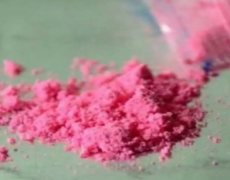
31 Jan 2024
What is tuci?
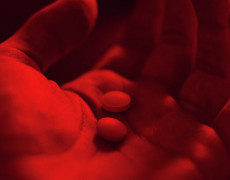
19 Jan 2024
Answering some common questions about MDMA
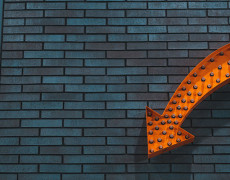
10 Jan 2024
Understanding the risks of the comedown
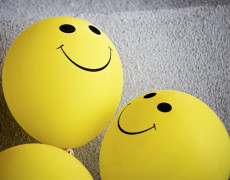
5 Jan 2024
Looking after your mental health

15 Dec 2023
Tips for a safer night out
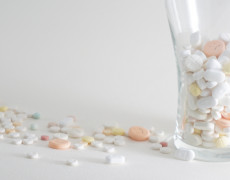
12 Dec 2023
To mix it is to risk it
